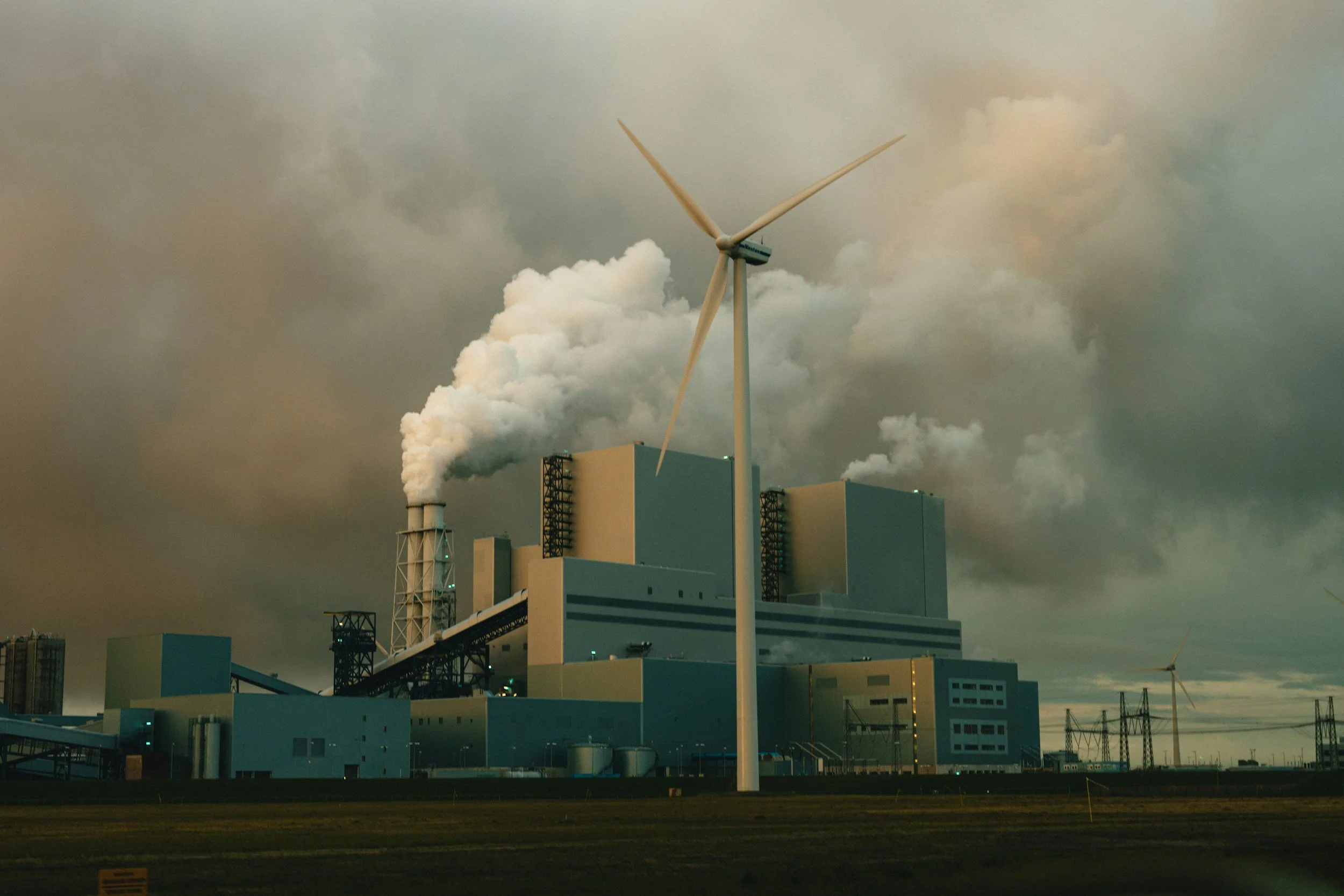How Environmental Engineering Turns Sustainable Construction Goals into Reality
/Sustainable construction is no longer a “nice-to-have.” Buildings account for roughly 37 percent of global energy-related carbon emissions, and concrete alone contributes about 8 percent of the world’s CO₂ output.
Read More
















































